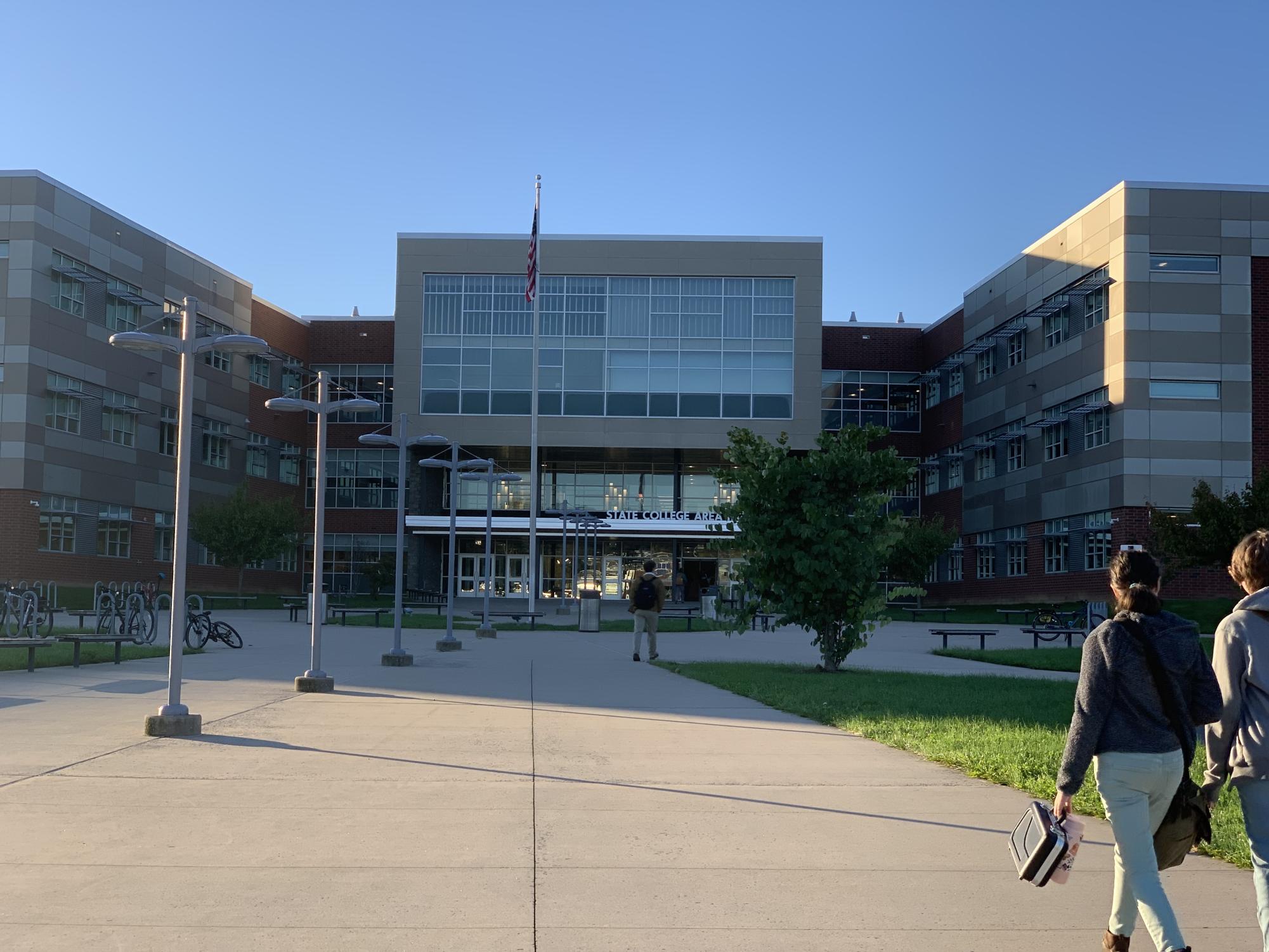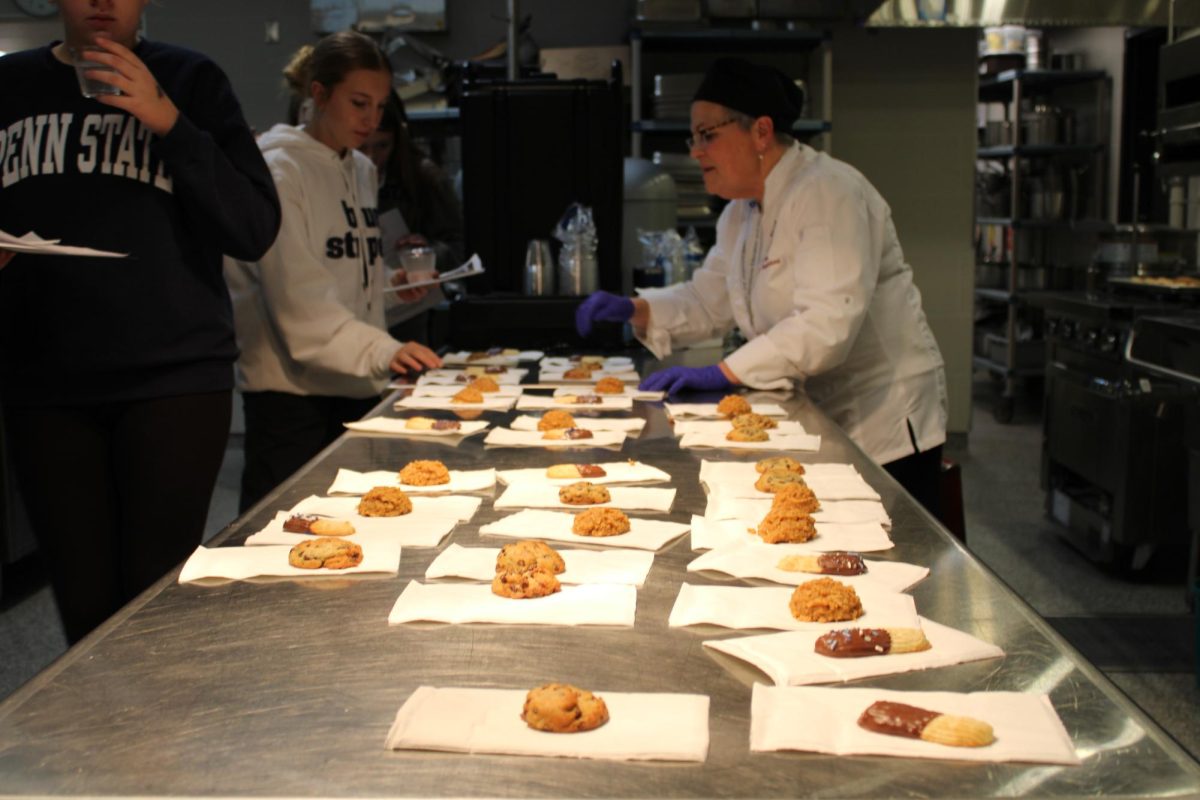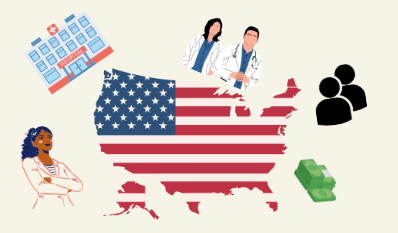With the new school year and a new beginning, the time of year has got students taking on new responsibilities and contemplating the meaning of “growing up.” In the United States, most states consider individuals adults the day they turn 18. Adult citizens can vote, sign a contract, serve their country, or serve on a jury. But this is not necessarily when one truly becomes an adult.
The argument can be made that true adulthood is not reached at a specific second in time and is not the same for everyone. For example, depending on the state, minors can be tried as adults in our legal system if their crimes are deemed serious offenses that pose a threat to public safety and are indicative of the person’s incapability to be rehabilitated within the juvenile system.
The legal full age in Pennsylvania is 18, as stated in Title 23, Section 5101 of the consolidated statutes, however, Section 5101 specifically states “Except where otherwise provided or prescribed by law, an individual 18 years of age and older shall be deemed an adult and may sue and be sued as such.” Therefore, there are exceptions to the rule, and depending on what has been committed, offenders can be considered adults in the eyes of the law.
It’s important to note that exceptions are not minimal. Around 250,000 youth enter the adult criminal justice system annually. Considering this, the argument can be seen that individuals become adults at varying times depending on their character.
Encyclopedia Britannica defines adulthood as, “the period in the human lifespan in which full physical and intellectual maturity have been attained.” However, the brain continues to mature well into your twenties.
Myelin, an “insulation” for neural connections, “allows nerve impulses to travel throughout the brain more quickly and efficiently and facilitates increased integration of brain activity,” according to the National Library of Medicine. The National Library of Medicine also reports that this does not occur in the prefrontal cortex until the early 20s or later. This is significant because the prefrontal cortex is responsible for goal-directed behavior such as paying attention, planning, and mental flexibility, all of which are factors of a mature character.
Additionally, the brain, just like the rest of the body, develops at different rates depending on the person. “Although it continues to mature throughout most of life, the brain does not mature at the same rate in each individual,” Margaret Semrud-Clikeman, PhD, LP, ABPdN, from the University of Minnesota Medical School, wrote in an article for the American Psychological Association, “This should not be surprising. After all, our bodies grow at different rates.”
Everyone is different, and just like how our bodies look and develop differently, our brains develop at different rates from person to person.
The meaning of “adult” can have a different meaning to each person. “I don’t think it’s a set time when you can say this moment I was not an adult, this moment I am. I think it’s kind of something that you grow into, taking on responsibilities,” senior Mirabella Bills, president of Key Club, said. “It’s like doing the hard things and not expecting someone else to do it for you.”
The transition from middle school to high school can also have a big impact. “It’s just your age that changed, but it seems like something big happened, and it doesn’t feel that way,” freshman Purvi Narayanan said.
Despite the legal parameters and definitions, the consensus is that adulthood is not a number, but a process of maturing and being able to deeply comprehend the world around oneself and a way of thinking about others. It is difficult to grasp the concept of growing up, but it happens to everyone, regardless if it occurs at different times.








